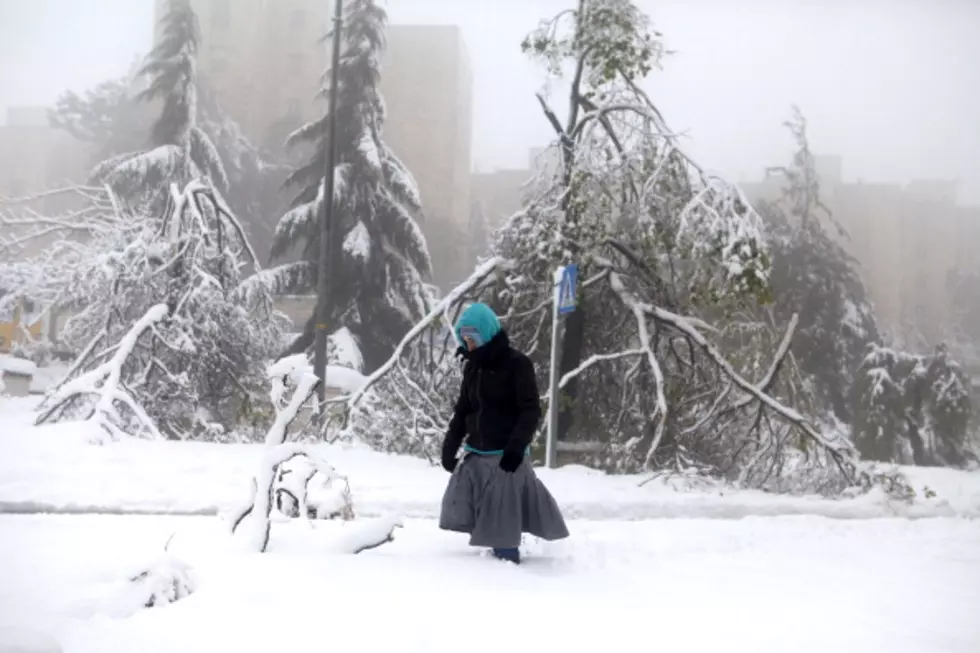
Cold Temps Stay for Parts of US
Parts of the country socked by a wild weekend storm will be covered with ice through Christmas and beyond thanks to a steady diet of freezing rain and cold temperatures.
The first full day of winter Sunday brought a mix including balmy temperatures along the Mid-Atlantic, snow in the Midwest and ice, snow and flooding in the Great Lakes, and utilities warned that some people who lost electricity could remain in the dark through Wednesday.
More than 390,000 homes and businesses were without power Monday in Michigan, upstate New York and northern New England, down from Sunday's peak of more than a half million. The bulk were in Michigan, where more than 297,000 customers remained without power Monday. The state's largest utilities said it will be days before most of those get their electricity back because of the difficulty of working around ice-broken lines.
In Maine, the number of people without power spiked to more than 68,000. A medical clinic in Bangor lost power, forcing walk-in patients to seek other options.
"It's certainly not going away," Margaret Curtis, a meteorologist with the National Weather Service in Gray, Maine, said Monday of the precipitation and cold. "In fact, we don't have very many areas where we're expecting temperatures to rise above freezing."
That means untreated roads and sidewalks from the upper Midwest to northern New England will remain a slippery, dangerous mess as people head out for last-minute shopping or holiday travel. Parts of interior Maine were expected to get another quarter to half-inch of ice Monday.
At least nine deaths in the U.S. were blamed on the storm, including five people killed in flooding in Kentucky and a woman who died after a tornado with winds of 130 mph struck in Arkansas.
Authorities reduced the speed limit along a 107-mile stretch of the Maine Turnpike from Kittery to Augusta as freezing rain continued to fall Monday morning and temperatures hovered around freezing. Dozens of flights out of Toronto were canceled while other airports in the storm-hit region were faring well despite the weather.
More than 200 flights were canceled in the U.S. by 2 p.m. Monday, the bulk of them in Chicago, Denver, Houston and Dallas, according to FlightAware. The number is in line with a typical travel day and much improved from Sunday's 700 or so cancellations. There are typically more than 30,000 daily flights in the United States.
But poor weather continued to lead to delays, with 3,420 flights behind schedule Monday. The majority of those problems were in New York, Washington, Chicago, Denver, Dallas and Houston.
In Maine, Judith Martin was heading from her home in South Grafton, Mass., to Kingston, when she stopped at a rest area along Interstate 95 in West Gardiner. She said roads got worse the farther north she drove.
"The trees are loaded with ice, so it makes me think the road is loaded with ice," Martin said.
Power failures caused related concerns. Vermont's Department of Health warned people to be careful with generators and other equipment after a weekend spike in carbon monoxide poisonings. The department had half a dozen reports in one day, about what the state sees in a typical winter.
While the cold will continue to harass people, there's no major precipitation on the horizon through the end of the week, Curtis said.
"It will give people some time to recover from this," she said.
Meanwhile, flooding in Ohio and Indiana caused no reported injuries but forced some small-scale evacuations and closed several roads.
Heavy snow in Wisconsin forced dozens of churches to cancel Sunday services. Milwaukee got about 9 inches and Manitowoc, 7. Ice and snow in Oklahoma were blamed for three traffic deaths on slick roads.
In New York's St. Lawrence County, almost 2 inches of ice fell, coating tree limbs and power lines, and a state of emergency was declared to keep the roads clear of motorists. As of Monday afternoon, some 25,000 customers were still without power.
The winter weather was far from nationwide, though. Record high temperatures were reached in some Mid-Atlantic states this weekend, but temperatures were expected to drop back to the mid-30s by Monday night.
On Sunday, the mercury reached 70 degrees in New York's Central Park, easily eclipsing the previous high of 63 from 1998. Records were also set in Wilmington, Del., (67), Atlantic City, N.J., (68), and Philadelphia (67). Washington tied its 1889 mark at 72.
(Copyright 2013 by The Associated Press. All Rights Reserved.)
More From New Jersey 101.5 FM
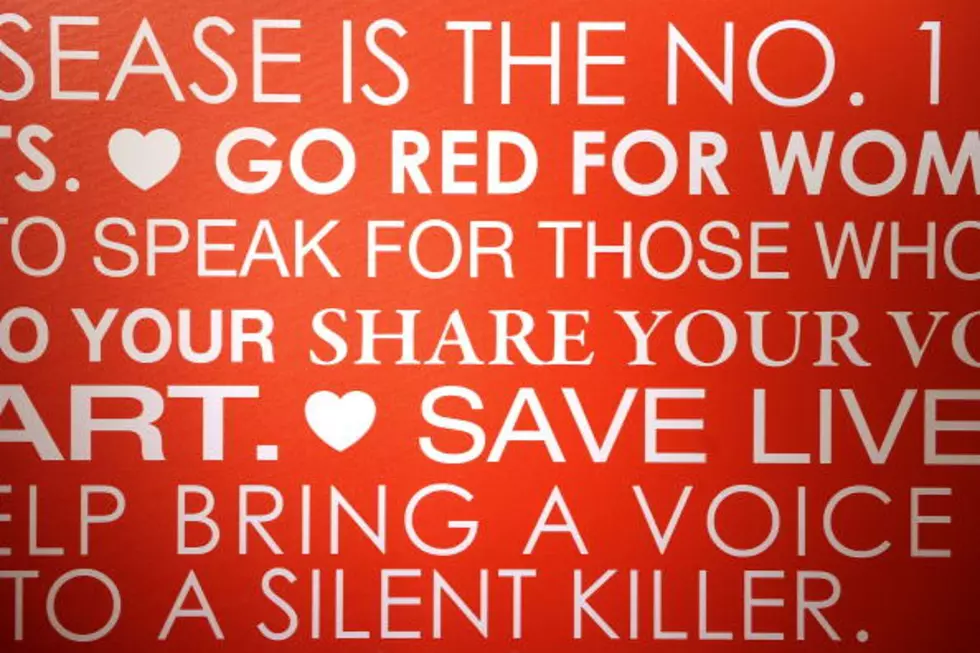


![U.S. Headed for Domestic Oil Only? [AUDIO]](http://townsquare.media/site/385/files/2014/02/143637418-300x200.jpg?w=980&q=75)
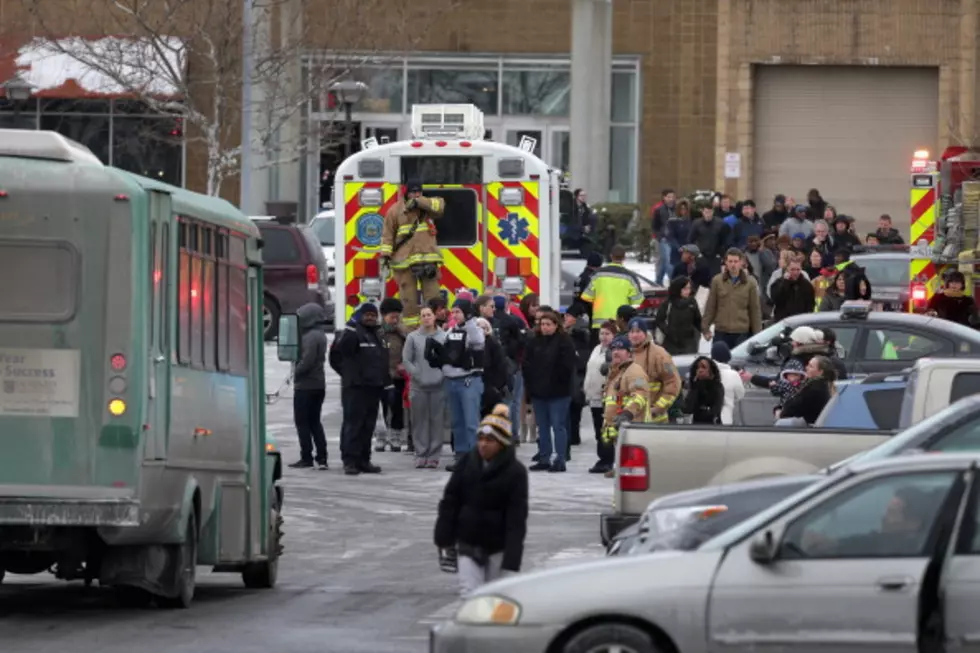
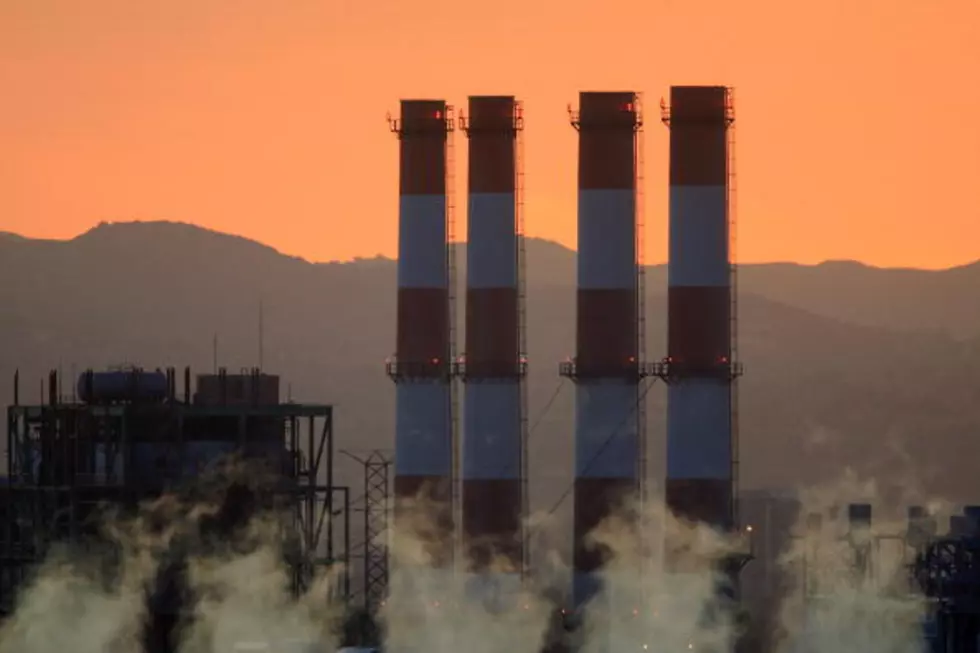
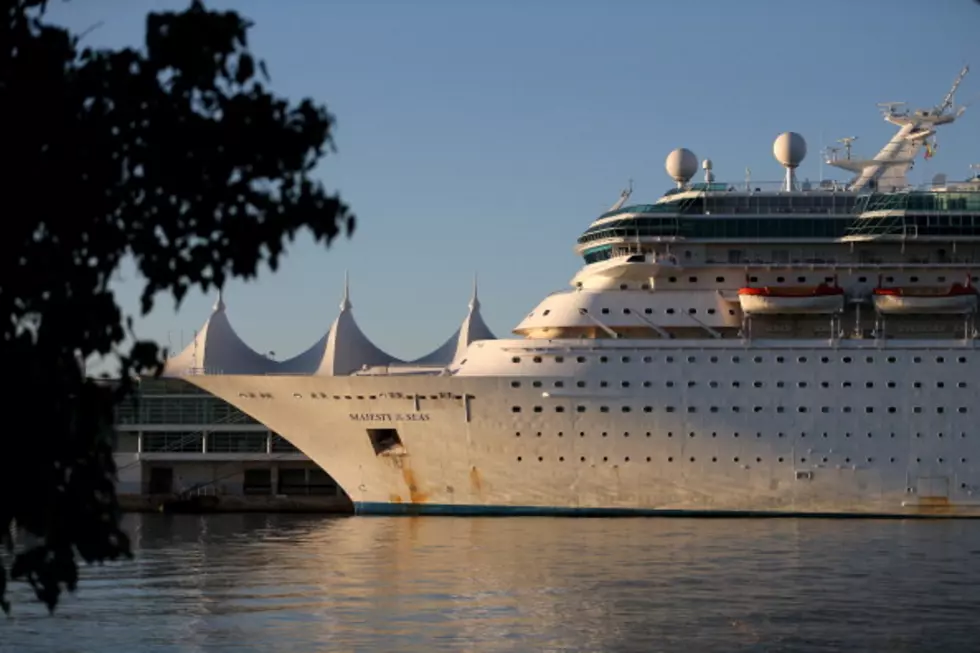
![Debt and No Degree: A New Trend? [AUDIO]](http://townsquare.media/site/385/files/2014/01/10462763565_f7754242d6_b.jpg?w=980&q=75)

